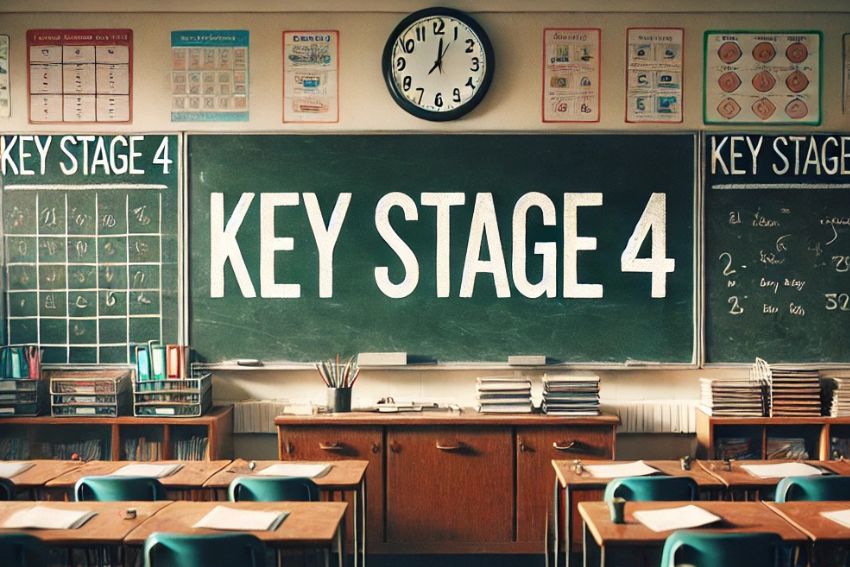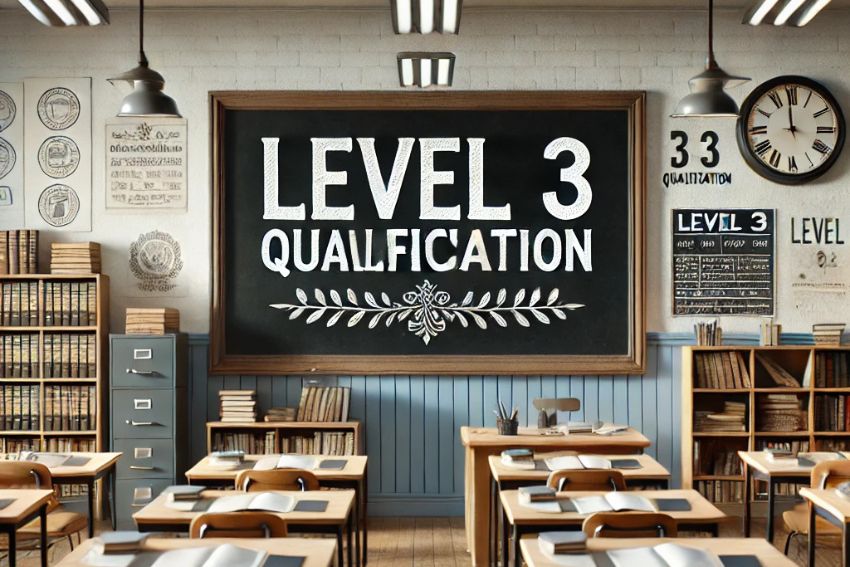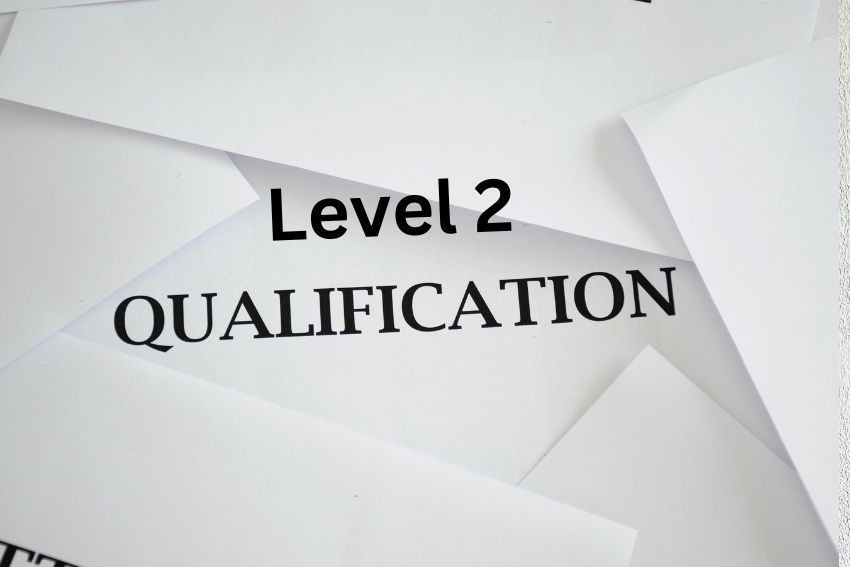Year 11 is the final year of secondary school in the UK, and it’s a crucial time for students. This year is all about preparing for the GCSE exams, which play a major role in shaping future opportunities. The exams typically take place in May and June, and the results can determine the next steps in a student’s educational journey. Whether it’s choosing the right subjects for further study or deciding between college, apprenticeships, or work, Year 11 is a big year for planning ahead.
For both students and parents, understanding the significance of Year 11 is key. Not only are the GCSEs important for college admissions, but they also play a part in career prospects. In this blog, we will explore what Year 11 is all about, what to expect during this year, and how to navigate it successfully. Whether you’re a Year 11 student preparing for exams, or a parent supporting them through this process, we’ve got you covered!

Year 11 Explained: The Key Stage 4 Experience
Year 11 is the final year of secondary school in the UK and marks the end of Key Stage 4 (KS4). It is a crucial year for students as they prepare for their Year 11 GCSE exams, which play an important role in their future education or career opportunities.
During Year 11, students typically take a range of GCSEs, with the number of subjects varying. On average, Year 11 students take between 8 to 10 GCSEs, depending on the subjects offered by their school and their individual choices. These exams assess knowledge and skills across subjects like English, Maths, Science, and other electives, and are key to progressing in education or securing employment.
So, what happens after GCSEs? Year 11 is the time when students set the foundation for what comes next-whether that’s further study, such as college or sixth form, or entering the workforce. Year 11 is more than just about passing exams; it’s about taking the first steps towards the future.
What Happens in Year 11: Important Exam Preparation and
More
In Year 11, students will focus on preparing for their GCSE exams. These exams typically cover core subjects like English, Maths, and Science, as well as optional subjects that students have chosen, such as History, Geography, Art, or Languages. Each subject will have its own set of requirements, and the exams are designed to assess what students have learned throughout their school years. Increased Pressure: As Year 11 progresses, students often feel the weight of GCSE exams approaching.
The pressure to perform well can be overwhelming at times. With deadlines for coursework, mock exams, and the need for regular revision, stress levels can rise. It’s important to recognise that this pressure is normal, but students must learn how to manage it effectively. The Final Year of Secondary School: Year 11 is also a time when students begin transitioning into adulthood. This year marks the end of compulsory education in the UK, and it comes with more responsibility.
Students are expected to become more independent, manage their time effectively, and make decisions about their future educational or career paths. This transition can be daunting, but it’s a valuable time for personal growth. Time Management: One of the most crucial skills in Year 11 is learning how to balance revision, coursework, and personal time. It can be difficult to juggle everything, but with good time management, students can stay organised and reduce stress. Here are a few tips for balancing it all:
- Create a revision timetable and stick to it.
- Break tasks into smaller, manageable chunks.
- Take regular breaks to avoid burnout.
- Make time for hobbies and relaxation to recharge.
By staying organised and managing time wisely, students can prepare for their GCSE exams and set themselves up for success.

Year 11 Preparation: Steps to Set Yourself Up for
Success
As parents, it’s only natural to want the best for your child as they approach their Year 11 GCSE exams. Proper preparation is essential, and starting early can make a significant difference in their success.
Early Preparation: Encourage your child to begin revising as early as possible. Short, consistent study sessions each week can help build confidence and reduce last-minute stress as the exams approach.
Revision Timetables: Assist your child in creating a practical revision timetable. Break subjects down into manageable chunks, ensuring they have regular breaks. Encourage flexibility in the timetable to avoid feeling overwhelmed.
Utilising Online Resources: There’s a wealth of online tools available to support GCSE revision. Platforms like YouTube, Quizlet, and Seneca Learning offer free or affordable resources that can complement your child’s studies.
Health and Well-being: Don’t forget to prioritise your child’s health. Encourage them to take regular breaks, get exercise, and maintain a balanced diet. Balancing study with self-care will help keep them focused and prevent burnout.
By guiding your child with these strategies, you’ll not only help them prepare for their GCSE exams but also ensure they maintain a healthy balance during this crucial year.
What GCSE Exams Are Taken in Year 11: An Overview
As Year 11 students approach their final year of secondary school, one of the biggest focuses is their GCSE exams. These exams play a major role in shaping their future opportunities, making it important to understand what to expect.
Core Subjects: Every Year 11 student must take exams in core subjects such as Maths, English, and Science. These subjects are mandatory and form the foundation of the GCSE curriculum. It’s essential to allocate enough revision time to these areas, as they are crucial for both further education and employment opportunities.
Optional Subjects: Besides the core subjects, students can choose from a variety of optional subjects. These may include languages, arts, technology, or social sciences, depending on their school’s curriculum. While the number of GCSEs varies, most students take a combination of 8 to 10 GCSEs in total, including both core and optional subjects.
Exam Format: The structure of the GCSE exams can differ from subject to subject. For example, Maths GCSE typically has both a calculator and non-calculator paper. Science GCSE exams are split into separate specialisms such as Biology, Chemistry, and Physics. Generally, GCSE exams consist of multiple-choice questions, short-answer questions, and longer essay-style responses. Some subjects may also have practical components.
It’s vital for students to familiarize themselves with the exam format. Practicing under timed conditions can help reduce stress and boost confidence. Understanding which exams are taken in Year 11, along with how many GCSEs to expect, allows students to better prepare. As a parent, supporting your child with their preparation and helping them manage their study time will ensure they’re fully ready for success on exam day.

Year 11 Success: Essential Tips for Students
As your child navigates Year 11, staying organised is key. Planning ahead and keeping track of deadlines can help reduce stress as the GCSE exams approach. Encourage your child to set up a calendar or planner to keep on top of coursework and exam dates. Staying organised not only ensures that nothing gets overlooked but also helps them stay focused and calm under pressure. It’s equally important to focus on any weak subjects.
If your child is struggling in certain areas, they should identify these subjects early and dedicate extra time to improving them. Whether it’s extra revision sessions, seeking advice from teachers, or spending time on particular topics, addressing weak areas can significantly boost their confidence and performance. Practicing past papers is another great strategy.
Familiarity with the format of the GCSE exams and knowing what to expect can reduce anxiety and improve time management during the actual exam. Encourage your child to regularly work through past papers to practice exam techniques and refine their approach. Lastly, remind your child that it’s okay to ask for help.
They don’t have to do it all alone. Whether it’s seeking extra support from teachers, using online resources, or hiring a tutor, asking for help can make a huge difference. Knowing when to seek guidance is a sign of strength, not weakness, and can lead to better understanding and improved performance in their Year 11 GCSEs. By staying organised, focusing on weak subjects, practising past papers, and seeking help when needed, your child will be well-prepared for success in their Year 11 exams.
How to Stay Motivated During Year 11 Exams ?
Year 11 can be stressful, especially with the pressure of GCSE exams. It’s important to help your child manage that stress and maintain a healthy, positive mindset. Encourage them to take regular breaks, stay active, and get enough sleep. Physical activity, even a short walk, can help reduce stress and improve focus. Being mindful of their mental health and well-being will allow them to stay on top of their studies without feeling overwhelmed.
A growth mindset is essential during Year 11. Remind your child that setbacks and mistakes are part of the learning process. Believing that they can improve with effort and persistence will help them keep going, even when the going gets tough. When they face difficulties, encourage them to see these challenges as opportunities for growth, rather than as signs of failure.
Support from family is crucial during this time. As a parent, staying involved and offering encouragement can make a huge difference in your child’s motivation and confidence. Make time for conversations, be there to celebrate successes, and offer reassurance during moments of doubt. Your support and positivity will help them stay balanced, focused, and resilient as they work through Year 11 and prepare for their exams.
Conclusion
Year 11 is a significant year that lays the foundation for future opportunities. Throughout this year, students will face challenges, especially with the pressure of GCSE exams. However, by staying organised, focusing on weak areas, and maintaining a positive mindset, they can successfully navigate through it. Remember, preparing early, practising past papers, and seeking help when needed are all key to performing well in Year 11.
Post-exam opportunities abound, whether students choose to continue with further education or explore apprenticeships and vocational courses. Whatever path they choose, the right preparation and mindset will open many doors. For additional support, Online GCSE Tutors can be a fantastic resource.
They can offer tailored guidance, help students with revision strategies, and clarify difficult concepts, ensuring they’re fully prepared for their GCSE exams. Stay focused, take care of your well-being, and remember that the hard work in Year 11 will lead to many exciting opportunities. With determination, students can achieve their goals and move forward to a bright future.
FAQs:
What key stage is Year 11 in the UK?
Year 11 is part of Key Stage 4 (KS4) in the UK. This is the final stage of secondary education before students take their GCSE exams. Students in Year 11 are typically aged 15 to 16 and are preparing for their future educational or career paths after completing their GCSEs.
What GCSE exams are taken in Year 11?
In Year 11, students take GCSE exams in core subjects like Maths, English Language, English Literature, and Science. They may also take additional exams in subjects such as History, Geography, a foreign language, or other electives depending on their choices. These exams play a key role in determining the student’s future educational and career opportunities.
How to prepare for GCSE Year 11?
To prepare for GCSE Year 11, start revising early and create a structured revision timetable. Focus on understanding key concepts, practice past exam papers, and break down the material into manageable sections. Don’t hesitate to ask for help from teachers, tutors, or online resources. Taking care of your mental and physical well-being is also important, so ensure you take breaks, get enough sleep, and stay active.
Is GCSE Year 11 hard?
GCSE Year 11 can be challenging due to the pressure of exams and the amount of content that needs to be studied. However, with consistent effort, organisation, and focus, students can manage the workload effectively. It’s essential to stay on top of revision and use resources like online tutoring, practice papers, and study groups to help make the process easier.
What happens after Year 11 in the UK?
After Year 11, students can choose from several pathways based on their interests and career goals. Many continue with A-Levels or vocational qualifications like BTEC, while others pursue apprenticeships or enter the workforce. The options depend on GCSE results and personal interests.








